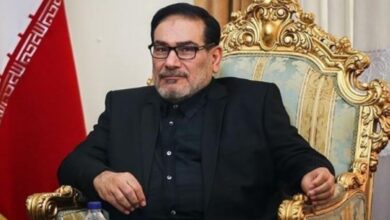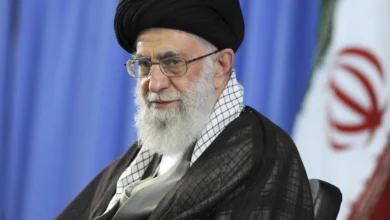KISR explores the role of nuclear energy in achieving carbon neutrality

The Kuwait Institute for Scientific Research organized a symposium titled “Will nuclear energy contribute to Kuwait’s goal of achieving net-zero carbon emissions?” featuring the presentation of findings from a recent study conducted in collaboration with the International Atomic Energy Agency.
The study explored the technical, economic, environmental, social, and political feasibility of integrating nuclear energy technology into Kuwait’s energy landscape, encompassing electricity generation, water desalination, and oil and industrial applications, reports Al-Jarida daily.
Dr. Ahmed Al-Mulla, Acting Executive Director of the Energy and Building Research Center, delivered remarks on behalf of Dr. Mishaan Al-Otaibi, the Acting Director General of the Institute. Al-Mulla highlighted that while Kuwait has not officially adopted a nuclear energy program for power generation, the study aims to investigate technological advancements related to sustainable development to meet the country’s growing energy demands.
He emphasized Kuwait’s commitment to reducing carbon emissions, as outlined in its pledges at the United Nations Climate Conference of the Parties (COP27) and the goal of achieving net-zero carbon emissions by 2050 in the oil sector and 2060 in other sectors.
Al-Mulla emphasized Kuwait’s ongoing efforts to address energy demand and reduce carbon emissions through energy efficiency measures, the development of generation plants, and the establishment of renewable energy projects, including the Shaqaya Renewable Energy Complex.
The study also assessed the potential of renewable energy systems, such as solar and wind technologies, to contribute to achieving near-zero carbon emissions in the country.
Dr. Osama Al-Sayegh, Head of the project at the Energy and Building Research Center, highlighted that the study considered climatic, geographical, and area-specific factors, revealing constraints on the widespread deployment of renewable energy systems exceeding traditional oil and gas technologies’ capacities. Al-Sayegh noted that the study explored nuclear energy technology, particularly Small Modular Reactors, as a low-emission alternative, emphasizing their advanced safety features and reliability.
He further explained that the study evaluated the technical, economic, and environmental feasibility of adopting nuclear energy, underlining the importance of social and political considerations in determining the success and acceptance of a nuclear program.
The institute remains committed to researching clean energy technologies, including blue and green hydrogen production, waste-to-energy conversion, carbon capture and remanufacturing, and energy storage, alongside continuous monitoring of nuclear energy advancements to align with Kuwait’s development goals.













